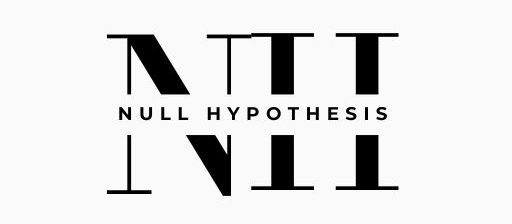The Primary Responsibilities of Auditors
Financial Statement Examination
Auditors begin their work by meticulously examining financial statements, including balance sheets, income statements, and cash flow statements. This process involves verifying the accuracy and completeness of these documents to ensure they conform to accounting standards such as GAAP (Generally Accepted Accounting Principles) or IFRS (International Financial Reporting Standards). By doing so, auditors provide assurance that the financial statements present a true and fair view of the organization’s financial health.
Compliance Verification
Another critical responsibility of auditors is to verify compliance with relevant laws, regulations, and industry-specific standards. This involves checking if the organization adheres to tax laws, labor laws, environmental regulations, and other applicable statutes. Compliance verification helps in identifying any potential legal risks or violations that could impact the organization’s reputation or lead to legal consequences.
Risk Assessment
Auditors also conduct risk assessments to identify potential financial risks such as fraud, mismanagement, or errors. They prioritize these risks based on their likelihood and potential impact on the organization. This proactive approach allows auditors to focus their audit efforts on areas that are most critical to ensuring financial integrity.
Internal Control Evaluation
Evaluating an organization’s internal controls is another key responsibility of auditors. Internal controls are procedures designed to safeguard assets, maintain data accuracy, and ensure compliance with laws and regulations. Auditors assess whether these controls are effective in preventing errors or fraud and recommend improvements where necessary.
Types of Audits and Their Roles
Internal Audits
Internal audits are conducted by auditors employed by the organization itself. These audits focus on evaluating the effectiveness of internal controls and ensuring the accuracy of financial reporting. Internal auditors often work closely with management to identify areas for improvement and implement corrective actions.
External Audits
External audits, on the other hand, are conducted by independent firms. These audits provide an objective assurance that the financial statements present a true and fair view of the organization’s financial position. External auditors are crucial for maintaining public trust in financial reporting.
Forensic Audits
Forensic audits are specialized audits aimed at uncovering fraud, embezzlement, or other financial irregularities. These audits require auditors with specialized skills in forensic accounting and legal principles. Forensic auditors often work in collaboration with law enforcement agencies to investigate and prosecute financial crimes.
Ensuring Independence and Objectivity
The independence and objectivity of auditors are paramount in ensuring the credibility of their work. Auditors must avoid conflicts of interest and maintain unbiased judgment to provide reliable audit opinions. This independence is crucial for stakeholders to trust that the audit findings are not influenced by personal or professional biases.
Documentation and Communication
Accurate Documentation
Maintaining detailed records of audit work is essential for transparency and accountability. Auditors must document their findings, testing procedures, and conclusions thoroughly. This documentation serves as evidence of the audit process and helps in future audits or investigations.
Communication of Findings
Auditors communicate their findings through audit reports, which are presented to management, boards, and stakeholders. These reports summarize the audit results, highlight any issues found during the audit, and provide recommendations for improvement. Clear communication ensures that all parties understand the audit outcomes and can take appropriate actions.
Recommendations and Follow-Up
Recommendations for Improvement
Based on their findings, auditors make recommendations to improve financial and operational processes. These recommendations could range from enhancing internal controls to improving financial reporting practices. By implementing these recommendations, organizations can strengthen their financial integrity and reduce risks.
Follow-Up on Recommended Changes
Auditors also follow up on the recommended changes to ensure they are implemented effectively. This follow-up process involves verifying that the issues identified during the audit have been addressed and that new controls or procedures are functioning as intended.
Detecting and Reporting Illegal Acts
Detection of Illegal Acts
Auditors use various procedures to detect illegal acts, such as examining unusual transactions or investigating complaints and tips. They must remain vigilant for signs of fraud or other illegal activities that could compromise financial integrity.
Evaluation and Reporting of Illegal Acts
If auditors detect illegal acts, they must evaluate the severity of these acts and report them accordingly. This may involve communicating with management, the audit committee, or even regulatory bodies like the SEC (Securities and Exchange Commission). Reporting illegal acts is a critical responsibility that helps in maintaining public trust in financial markets.






